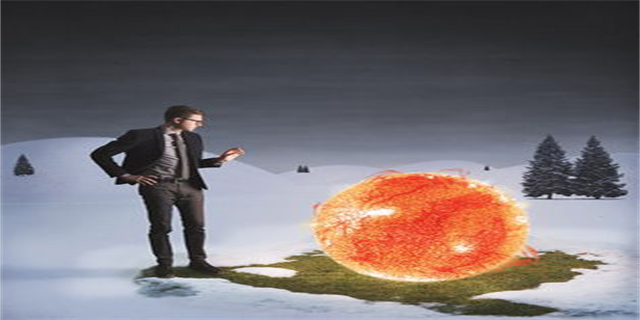教师节的来历和风俗英文版(Origin of Teachers' Day)
Teachers' Day is a special occasion celebrated in many countries around the world to honor and appreciate the contributions of teachers in shaping the lives of students. The idea of having a dedicated day to honor teachers can be traced back to ancient times when great philosophers and scholars emphasized the importance of education in society. Throughout history, different cultures have celebrated their teachers in diverse ways, reflecting the unique traditions and values of each society.
The Celebration of Teachers in Ancient Civilizations

In ancient civilizations such as Egypt, Greece, and India, teachers held esteemed positions in society. They were revered as the bearers of knowledge and wisdom, entrusted with the responsibility of educating future generations. In Egypt, the 'Sehwet', an annual festival, was celebrated to honor the goddess Neith, who was considered the patroness of learning and wisdom. In Greece, the birthplace of modern education, teachers were highly respected and commemorated through rituals and festivals. In India, the 'Guru Purnima' festival is observed to pay homage to teachers and spiritual gurus, highlighting the crucial role they play in shaping individuals and society.
The Influence of the Teacher-Saints in Christianity

In the Christian tradition, the influence of teacher-saints played a significant role in establishing the importance of education and acknowledging the contributions of teachers. Saint John Baptist de la Salle, the patron saint of teachers, devoted his life to educating poor children in France during the 17th century. His teachings focused not only on academic subjects but also on moral values and character development. Saint Elizabeth Ann Seton, an influential figure in the American education system, established the first Catholic school in the United States and emphasized the role of teachers in nurturing young minds. These teacher-saints set an example for the veneration of teachers in Christianity.
Modern Observance of Teachers' Day

The modern celebration of Teachers' Day originated in the late 19th century when several countries began to recognize the pivotal role played by teachers in society. In the United States, the first celebration of Teachers' Day took place in 1953, with the aim of honoring teachers and encouraging moral values through education. Today, Teachers' Day is observed on different dates across the world. For example, in India, Teachers' Day is celebrated on September 5th, which coincides with the birth anniversary of Dr. Sarvepalli Radhakrishnan, a renowned philosopher, scholar, and the second President of India. This day is marked by various activities, including ceremonies, felicitations, and cultural programs, to express gratitude and appreciation towards teachers.
Universal Symbols of Appreciation
While the specific customs and traditions associated with Teachers' Day differ from one country to another, there are universal symbols of appreciation that transcend cultural boundaries. These symbols include presenting teachers with flowers, greeting cards, and handwritten notes expressing gratitude for their dedication and hard work. Additionally, students often organize special events like performances, skits, or musical tributes to showcase their affection and respect for their beloved teachers. The essence of Teachers' Day lies in recognizing the immense impact that teachers have on individuals and the society as a whole, and finding unique ways to express heartfelt appreciation for their invaluable contributions.
In conclusion, Teachers' Day is a global celebration that recognizes the profound influence of teachers throughout history. From ancient civilizations to modern society, teachers have been revered as custodians of knowledge and pivotal figures in shaping individuals. The diverse customs and traditions associated with Teachers' Day serve as a reminder of the importance of education and the remarkable dedication of teachers worldwide.
| 留言与评论(共有 条评论) |













